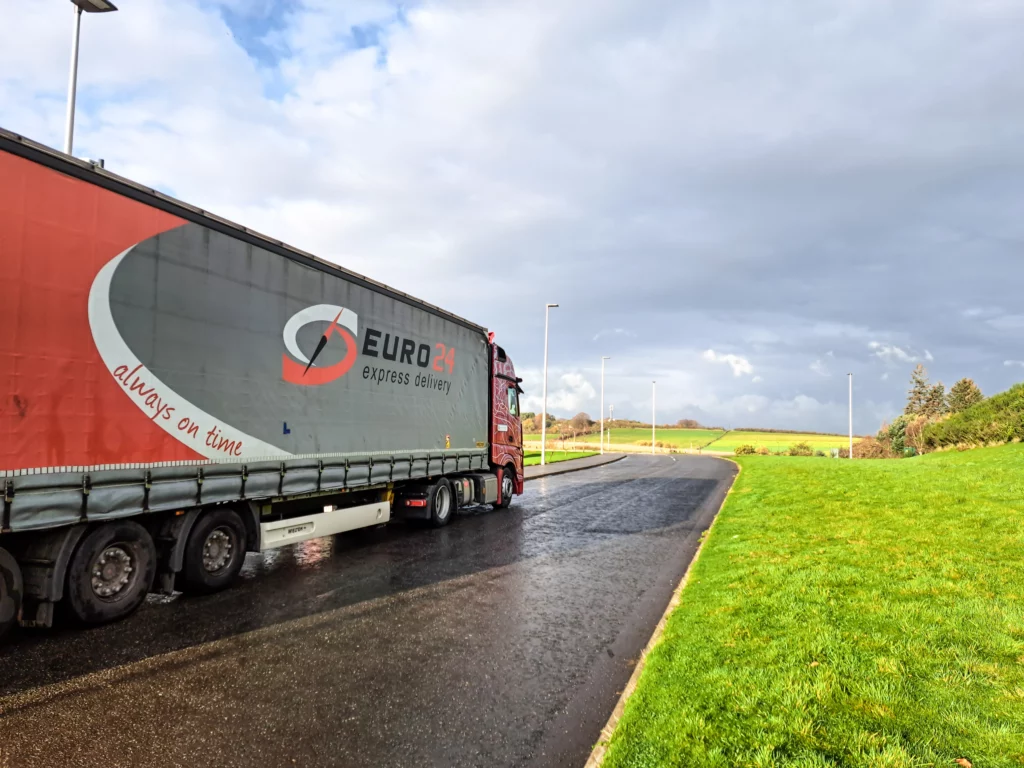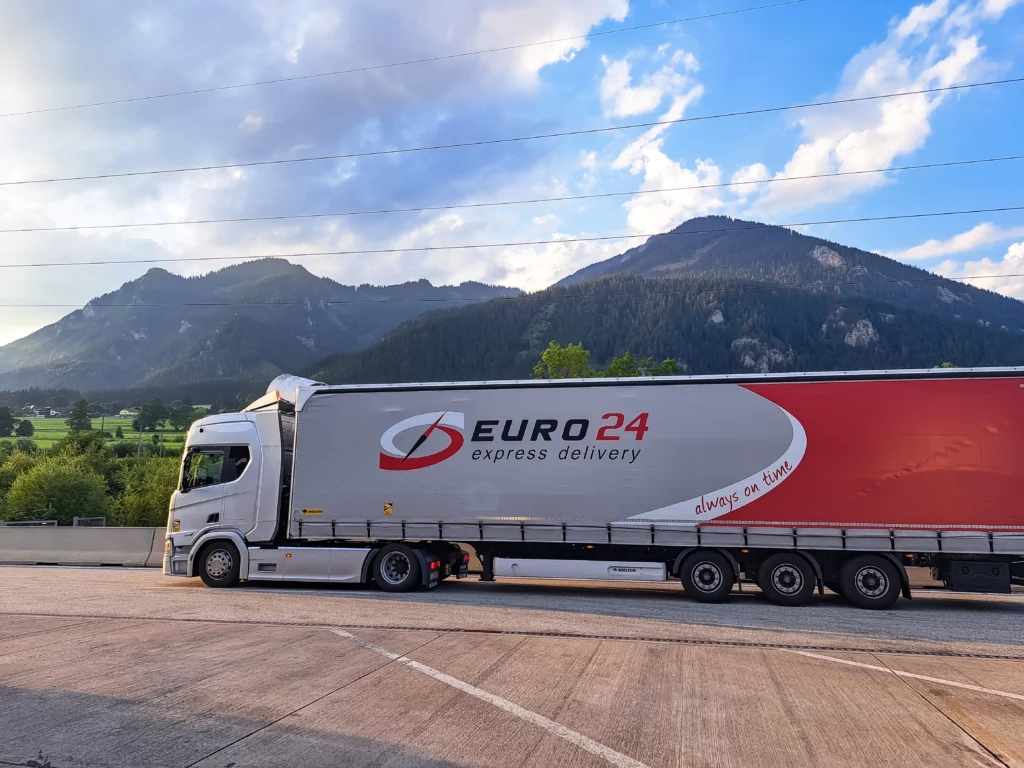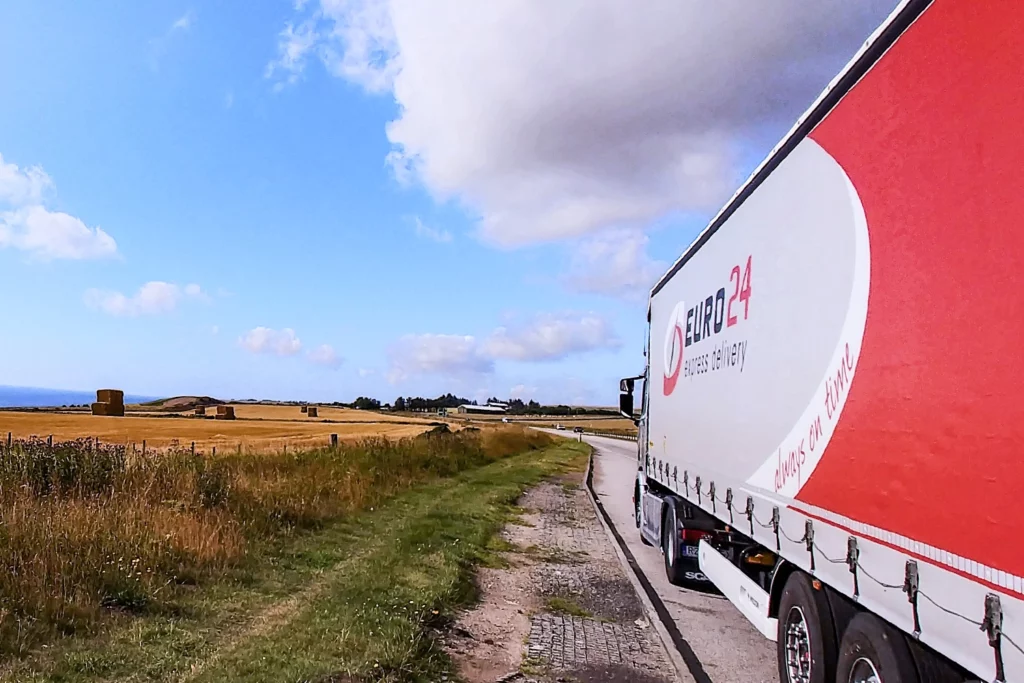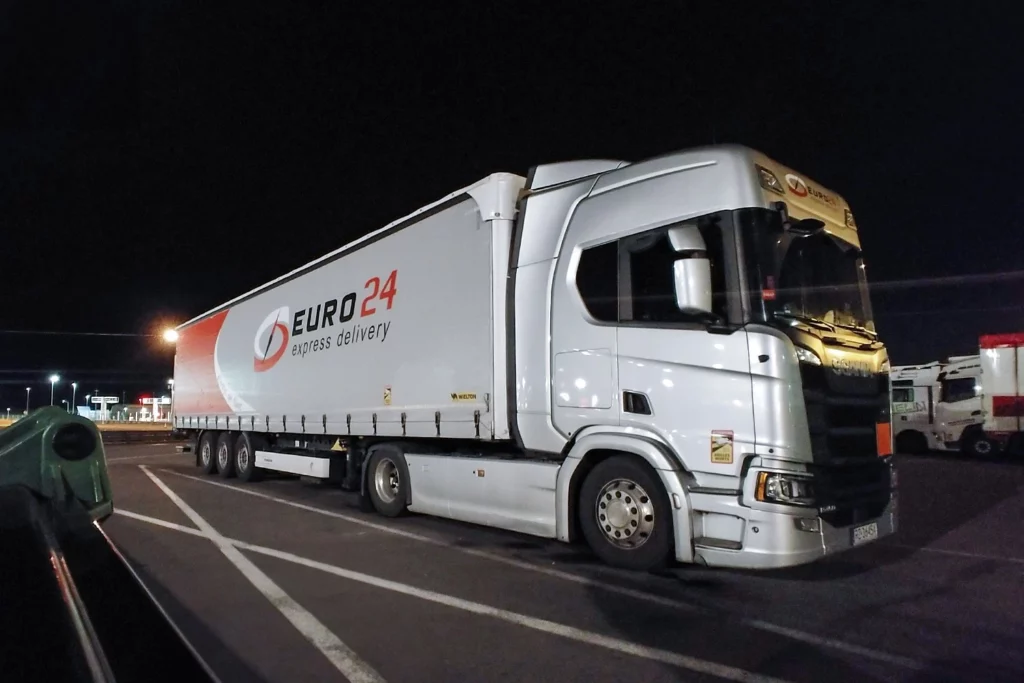News
Freight and Logistics: The heart of modern trade
In the ever-evolving world of business, technology in logistics is becoming not just a support tool for daily operations but, more importantly, a key factor that defines modernity, efficiency, and the capacity for innovation within the industry. The adoption of advanced information technologies, automation, artificial intelligence (AI), and the Internet of Things (IoT) is revolutionising supply chain management, transportation, and warehousing, opening up new possibilities for logistics companies to optimise processes, reduce costs, and enhance service quality. Contemporary logistics, thanks to technology, is transforming into a highly integrated and intelligent system capable of responding in real-time to the changing market demands and customer expectations. In this article, we will explore how technology is influencing the evolution of the logistics industry, what new tools and solutions are currently leading the way in innovation, and how the future of logistics is being shaped by digital transformation.
Technological Revolution in Logistics
In today’s logistics landscape, technology serves as the driving force behind innovation. Companies like Euro24 invest in solutions such as automated warehouse management systems, which not only enhance efficiency but also reduce operational errors. The application of advanced analytical tools, including those based on artificial intelligence, allows for better demand forecasting and resource optimisation. Thanks to these technologies logistics, organisations can swiftly adapt to changing market conditions and customer needs.
Technological Innovations in Logistics
Technological innovations are the driving force of contemporary logistics, transforming it in ways that seemed impossible just a few years ago. From advanced supply chain management (SCM) systems to Internet of Things (IoT) solutions, technology is drastically changing the face of the industry. With artificial intelligence (AI) and Big Data analytics, logistic companies can now forecast demand with unprecedented accuracy, optimise delivery routes in real time, and enhance operational efficiency at every step. Innovations such as autonomous vehicles, delivery drones, and warehouse robots not only accelerate the flow of goods and minimize the risk of errors but also open doors to entirely new business models and services. Moreover, the development of blockchain technology introduces greater transparency and security into the supply chain, building trust among all transaction parties. These transformations not only improve efficiency and lower operational costs but also significantly raise the quality of customer service, making technological innovations a key element of success in the dynamically changing world of logistics.
Technological advancements are turning logistics into an incredibly dynamic field. These innovations not only optimise operations but also minimise the risk of errors, which is crucial for maintaining supply chain continuity. By utilising artificial intelligence in demand forecasting, Euro24 adapts to changing market and customer needs, positioning the company at the forefront of industry innovations.


The Application of Big Data and AI in Logistics Companies
Advanced Big Data analytics and artificial intelligence (AI) are revolutionising the logistics industry, bringing significant benefits across various operational levels. Modern technology in lgistics allow for the processing and analysing of vast data sets in real time, which is essential in an industry where speed and efficiency are paramount. Below are a few areas where Big Data and AI are particularly impactful for logistics.
- Predicting and Managing Risk – Big Data and AI enable the identification of potential risks in the supply chain, from issues related to suppliers to natural disasters. Systems can warn of potential disruptions earlier, allowing logistics companies to react faster and minimise negative impacts. Historical data analysis also supports the evaluation of supplier reliability and optimisation of purchasing decisions.
- Transport Management – Advanced data analysis algorithms allow for the optimisation of transport routes, both locally and globally. Thanks to AI, systems can adjust delivery routes in real-time to road conditions, weather, or changing schedules, minimising delays and enhancing the punctuality of deliveries. Moreover, data analysis facilitates more efficient fleet management, increasing utilisation while reducing fuel costs and CO2 emissions.
- Supply Chain Optimisation – Artificial intelligence enables the automatic identification of patterns and trends in data, leading to precise demand forecasting and inventory optimisation. This way, companies can manage their resources more efficiently, minimising costs associated with excess inventory or stock shortages. AI also supports production scheduling and supplier management, adjusting processes to changing market conditions.
- Warehouse Automation and Robotics – AI and robotics are used to automate warehouse processes, from sorting and packing goods to their transportation and storage. AI systems can manage complex warehouse operations, increasing work efficiency, reducing errors, and improving worker safety. Automation allows for faster order processing and increases warehouse throughput capacities.
Integrated Freight Solutions – Technology in Logistics
Today, a holistic approach to freight is essential, which is why Euro24 offers integrated solutions that cover the entire supply chain. From initial logistical planning through shipment management to final delivery – every stage is meticulously monitored and managed. Therefore, a dedicated department composed of several specialists works in a 24/7 shift system.
Integrated freight solutions are the foundation of modern logistics, offering a comprehensive service that combines transport, supply chain management, and advanced information technologies. By integrating various stages of the logistical process, companies can achieve significantly greater operational efficiency and better control over the flow of goods. Integrated freight platforms also provide complete transparency of the process, allowing customers to track shipments in real time and access up-to-date information about the status of their orders. The introduction of such systems enables logistics companies not only to significantly improve operations but also to offer more personalised and flexible freight services, which is a key competitive factor in today’s market.

Service Personalisation
Service personalisation in logistics firms is crucial for meeting individual customer needs. With a flexible approach, it is possible to tailor offerings to specific requirements, leading to greater customer satisfaction. Euro24 recognises that each client has unique needs and requirements. Through individualised attention and flexibility, Euro24 can offer solutions tailored to the specific logistical needs of each client, regardless of the industry they operate in.
Service personalisation in the transport company sectors is becoming a key differentiating factor, enabling the building of lasting relationships with clients and increasing their loyalty. In the digital age, where access to information is almost instantaneous, clients expect not only speed and efficiency but also services tailored to their individual needs. Transport companies, by using advanced technologies, can offer personalised delivery options, flexible scheduling, and preferred communication and payment methods. In this way, transport companies or freight forwarders not only meet market expectations but also actively shape a modern approach to logistics, where the client and their needs are at the centre of all operational processes.
The Future of Logistics and the Role of EURO24
In the dynamically changing world of logistics, the industry strives for continuous advancement, utilising modern technologies for greater efficiency and sustainable development. Investments in automation, advanced fleet management systems, and environmentally friendly transport solutions are key to ensuring not only efficiency but also environmental responsibility. Against this backdrop, EURO24 utilises its extensive experience to actively co-create the vision for the future of logistics, emphasising innovation, flexibility, and responsibility.

Safety and Sustainable Development vs Technology in Logistics
Safety and sustainable development are key pillars in the logistics industry, focusing on stringent safety procedures and ecological initiatives, such as upgrading the fleet to low-emission vehicles and optimising routes to reduce environmental impact. The goal is to ensure that services are not only efficient but also safe for people and the environment. In terms of sustainable development, transport companies implement solutions aimed at minimising the carbon footprint, such as route optimisation to reduce fuel consumption, as well as investments in technologies enabling more effective supply chain management. Meanwhile, in the area of safety, key roles are played by vehicle and cargo monitoring systems, employee safety training, and the implementation of standards and procedures designed to ensure a high level of data and information protection, as practised by Euro24. Adopting these principles not only contributes to environmental protection and enhances road safety but also builds a positive corporate image in the eyes of clients and business partners, highlighting its commitment to responsible and sustainable actions in the logistics and transport market.
Staff Training and Development
Staff development is fundamental to the quality of services in logistics. Investing in employee training and skills development is crucial for maintaining high service quality and adapting to changing market demands. Euro24 focuses on its team’s development, recognising that qualified and experienced employees are the key to success. Investments in training and skills development translate into higher service quality and greater customer satisfaction. The company promotes a culture of continuous learning and adaptation to new industry challenges.
In the rapidly evolving logistics sector, the key to success lies in the ability to adapt and innovate. Industry specialists should focus on developing flexible and sustainable strategies that respond to changing market demands and environmental considerations. Investments in modern technologies, service personalisation, and employee skills development not only enhance competitiveness but also contribute to building long-lasting relationships with clients and partners. Supporting eco-friendly and socially responsible initiatives can further strengthen a company’s market position as a leader in sustainable development.
Have you got questions?
Drop us a line. Together, we’ll identify solutions for your transport requirements.
Arrange a “virtual coffee” with our Sales Representative and find out how we can ensure the collaboration comfort you’re after. Eliminat the stress associated with transport. Our staff carefully identify your transport priorities to craft a bespoke offer.
Discover how we can bolster your business.
GET YOUR TRANSPORT QUOTED AS SOON AS POSSIBLE >>

